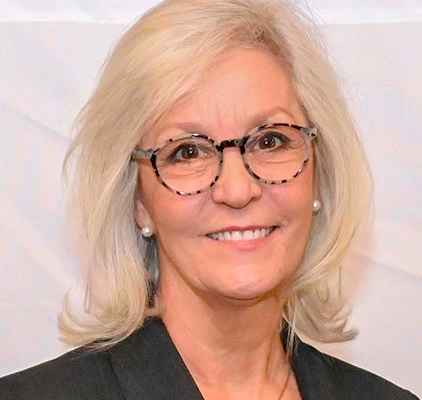Axne says ‘Clean Up Congress Act’ includes lifetime lobbying ban for lawmakers

WASHINGTON — Iowa Congresswoman Cindy Axne is pushing for a lifetime ban on members of congress becoming lobbyists after they leave the U.S. House or Senate.
Axne said over the last several years there’s been a “massive” increase in the number of former elected officials who stay in Washington to become a lobbyist.
“Over 60% of the representatives who were defeated in this last election have now taken positions as lobbyists,” Axne said yesterday during a conference call with Iowa reporters.
Axne, a Democrat from West Des Moines, said the lobbying ban is part of what’s being called the “Clean Up Congress” Act. The bill also would prohibit members of congress from getting taxpayer reimbursement for first class travel. It calls for prohibiting pay increases for congress until the deficit is reduced.
“I believe that we’ve got enough support on on both sides of the aisle from people who want to do the right thing,” she said, “and who understand that we have to first and foremost have to hold congress accountable to our taxpayers on how we’re spending their money.”
Last Thursday, Republican Senator Ted Cruz and New York Congresswoman Alexandria Ocasio-Cortez created a sensation on Twitter when they tweeted about their support of a lifetime ban on members of congress becoming lobbyists. Axne told reporters “those two voices seem to get more media attention than others,” but the lobbying ban is something she tried to tack onto another bill earlier this year — and something Congressman Dave Loebsack of Iowa City has championed for years.
“So this has been in the process from folks like me who are solutions oriented for a long time,” Axne said, “and I think it’s just coming to the point where more people are understanding that it’s so important.”
Current rules prohibit former U.S. Senators from taking lobbying jobs for two years after leaving office. The ban is only one year for former members of the U.S. House. Some lawmakers do work for lobbying firms, but are not technically registered lobbyists and, therefore, avoid the time-out period.




